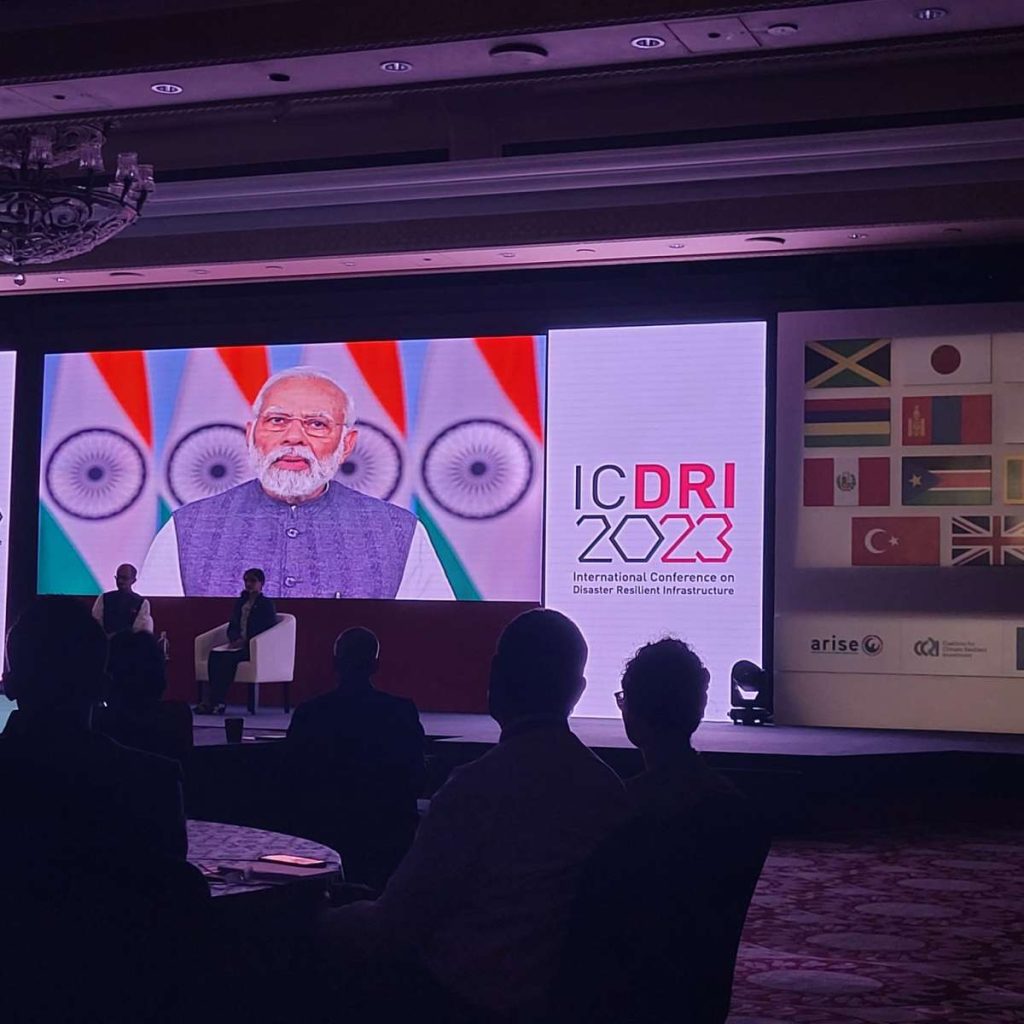USAID Administrator Samantha Power applauded the government of India for its role in creating CDRI…reports Asian Lite News
A top Biden administration official has praised India’s leadership in proposing the Coalition for Disaster Resilient Infrastructure (CDRI) and commended the country’s sustained commitment to disaster resilience worldwide.
US Agency for International Development (USAID) Administrator Samantha Power applauded the government of India for its role in creating CDRI, driven by the belief that disaster resilience efforts will be most successful when driven not just by governments, but by everyone.
Power addressed the Coalition’s Governing Council Meeting, emphasizing that the climate crisis has made it clear that no government alone can prevent impending disaster. She called for a movement where disaster resilience is driven by everyone, stating that CDRI’s new strategy, to be launched this year, offers a roadmap to realise this vision.
Power pledged USAID’s commitment to engaging more partners to build community resilience globally, and to bring in more US federal agencies to donate their expertise in emergency management or engineering to the most climate-imperiled communities.
She noted that this was something India’s counterparts are also interested in, working with other US agencies.

PM calls for integrated response
Prime Minister Narendra Modi on Tuesday called for an integrated response for mitigating disasters’ impact.
In his opening remarks while addressing the fifth edition of the International Conference on Disaster Resilient Infrastructure, ICDRI-2023, Modi said: “Disasters in one region can have a big impact on a completely different region. Therefore, our response has to be integrated, not isolated.”
“As we discuss infrastructure, some priorities have to be remembered. The theme for this year’s conference is related to ‘Delivering Resilient and Inclusive Infrastructure’. Infrastructure is not only about returns but also about reach and resilience. Infrastructure must leave none behind and serve the people even during times of crisis.
“Further, a holistic view of infrastructure is needed. Social and digital infrastructure are as important as transport infrastructure.”
The Prime Minister emphasised on evolving local knowledge related to infrastructure which can withstand disasters.
“Each nation and region faces disasters of different kinds. Societies evolve local knowledge related to infrastructure that can with-stand disasters. While modernising infrastructure, such knowledge needs to be used intelligently. Modern technology with local insights can be great for resilience. Further, if documented well, local knowledge may become a global best practice,” he pointed out.
Modi also highlighted the importance of relief and rescue measures during occurrences of disasters.
“Relief and rescue take priority and rightly so. Resilience is about how quickly systems can ensure the return of normal life. Resilience is built in the times between one disaster and another. Studying past disasters and learning lessons from them is the way,” he noted.













